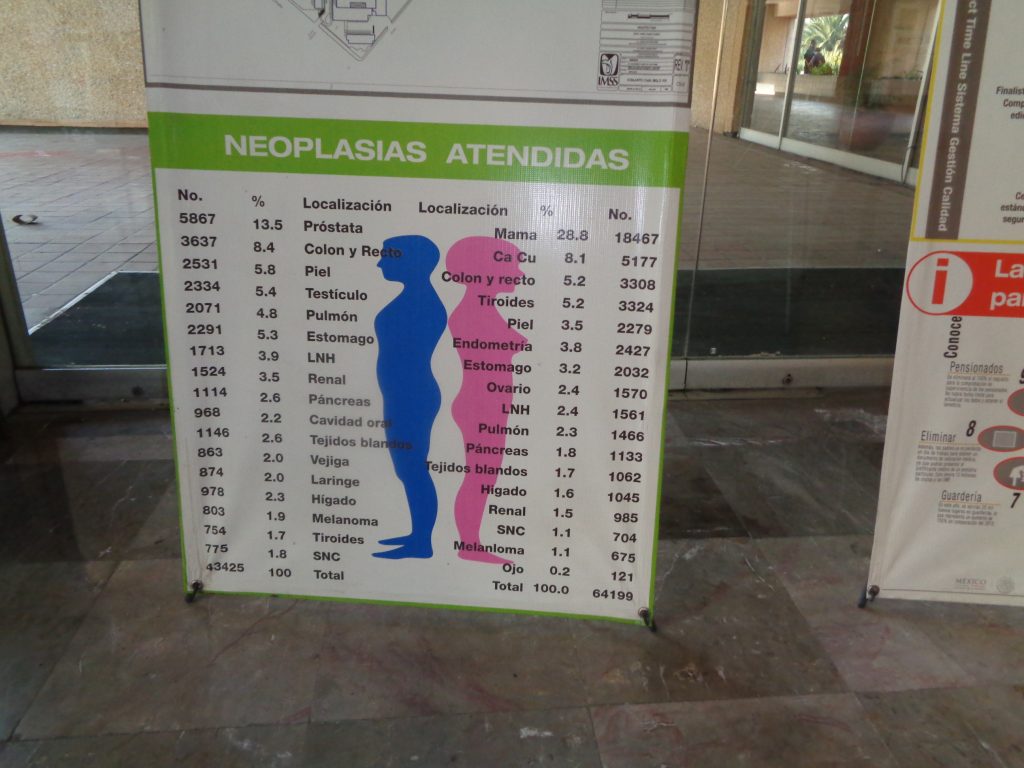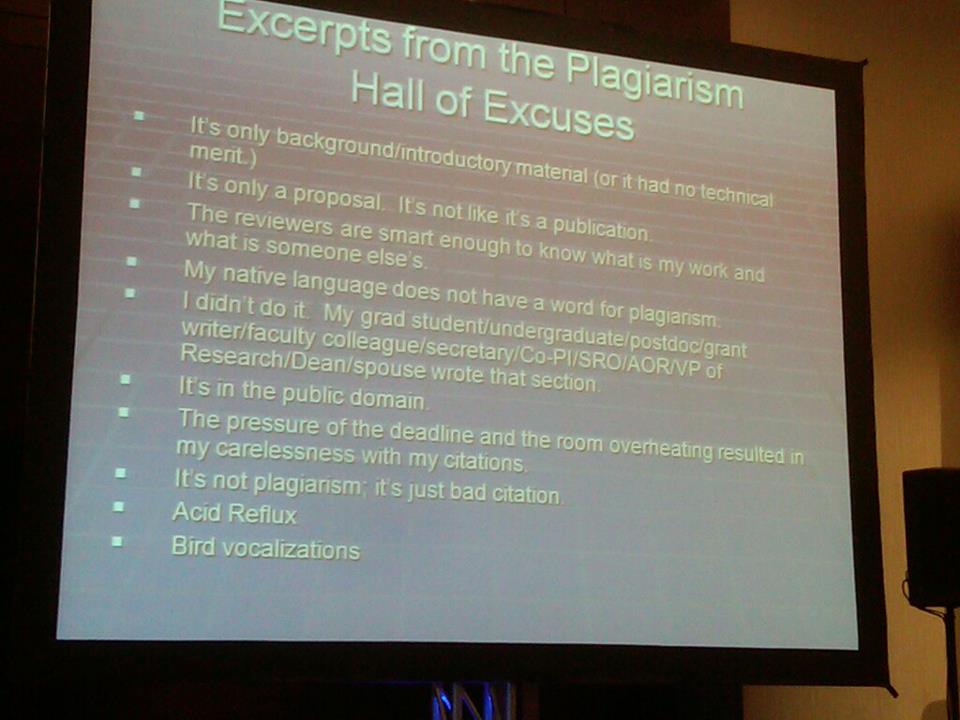
On Sunday, May 5 of this year, Justin Pickett received an email from a “John Smith” with the subject line “Data irregularities and request for data.”
“There seem to be irregularities in the data and findings in five articles that you published together with two surveys,” the anonymous correspondent wrote. “This document outlines those irregularities.”
Pickett was a co-author on only one of the papers, “Ethnic threat and social control: Examining public support for judicial use of ethnicity in punishment,” which was published in 2011 — the year he earned his PhD from Florida State University (FSU) — in the journal Criminology. The other four papers were published from 2015 to 2019 in Criminology, Law & Society Review, and Social Problems. The only author common to all four was Eric A. Stewart, a professor at FSU.
Continue reading Criminologist posts 27-page article explaining why he asked for one of his papers to be retracted






 Sam W. Lee, a Harvard researcher — or perhaps former Harvard researcher — who has
Sam W. Lee, a Harvard researcher — or perhaps former Harvard researcher — who has 